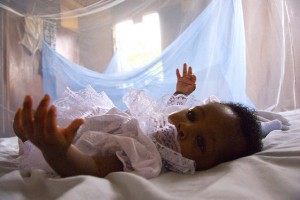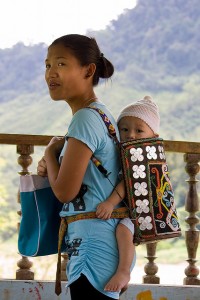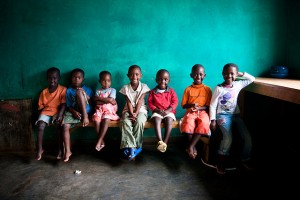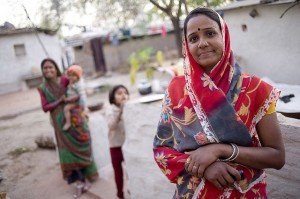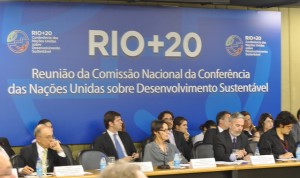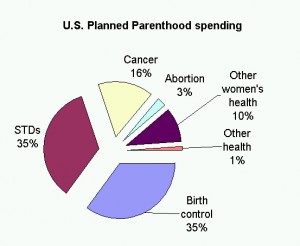Smita Gaith graduate of New York University, where she received a Masters in International Public Health. As a public health professional, Smita has experience in the US, Kenya, and Brazil working in policy research and analysis, program planning and implementation, capacity building, data collection and analysis, outreach, and HIV/AIDS and life skills education. In her work with the SISGI group, Smita focused on global women's health, international development, and immigrant health issues.
Author's posts
May 04
A Successful Strategy for Malaria Control
Last week, April 25th, was World Malaria Day. This awareness day began in 2007 by the World Health Assembly. Malaria is an illness that does not seem to exist in the US or many other countries. However, the problem persists in many developing countries. This is where people are most vulnerable to malaria. In 2010, …
May 03
Mobile Banking as a Means to Development
According to a recent report by the World Bank, 75 percent of the world’s poor do not have a bank account. Use of formal banking, the system of official bank accounts set up within financial institutions, is pretty rare within the developing world, even for those who actually have the bank accounts. Ten percent of …
Apr 27
Midwives Matter for Maternal Health and More
May 5 is International Day of the Midwife, a globally recognized day to acknowledge the work of midwives around the world. Midwives are an undervalued asset in many countries. But the truth is, midwives could be key to achieving Millennium Development Goals (MDGs) 4, 5, and 6, to reduce child mortality, improve maternal health, and …
Apr 20
Nkundabana in Rwanda: Love for Children
In recent years, Rwanda has become a model for many of its neighbors in terms of health indicators. For example, maternal health indicators for the Millennium Development Goals are largely on track in that country. In addition, health systems’ strengthening has been improved with new financing systems and insurance schemes. This has made accessing health …
Apr 17
Rethinking ASHA: The Frontline of India’s Maternal Health
India’s National Rural Health Mission was launched in 2005 with the goal to “improve the availability of and access to quality health care by people, especially for those residing in rural areas, the poor, women and children.” With the ASHA (Accredited Social Health Activist) program, the country has been making remarkable strides in the improvement …
Mar 02
The Missing Piece: Where Are Women in the Rio+20 Development Puzzle?
The Rio+20 Summit has been generating lots of buzz lately, although the international meeting is not until this summer. Fellow bloggers Julia and Katherine have discussed, at different lengths, the history and preparation of this year’s summit. There are seven key categories up for discussion during the three-day event: Jobs, energy, cities, food, water, oceans, …
Feb 24
Helping New Immigrants Stay Healthy in the American Melting Pot
As a child of immigrants, growing up I ate traditional foods almost every day, and rarely indulged in the typical American diet. Eating healthy was not very difficult as a child; first of all, my mother was doing all the cooking. Second of all, traditional Indian diets are extremely friendly to a healthy palate. Not …
Feb 10
The Need for Planned Parenthood’s Crucial Services
In wake of last week’s decision – and subsequent reversal of that decision – by Susan G. Komen For the Cure to end grant funding to Planned Parenthood Federation’s (PPFA) cancer screening initiatives, I thought it would be interesting to explain in detail the work that is carried out by Planned Parenthood Federation. You may …
Jan 20
Problems and Solutions: How the 2010 Earthquake Has Disproportionately Impacted Women
Two years ago when a devastating earthquake struck Haiti, nearly everyone there suffered for it. In the two years of recovery efforts since then, women continue to suffer. Although health issues such as cholera and poor housing conditions impact many of the half million people living in camps for internally displaced persons (IDP), women are …

